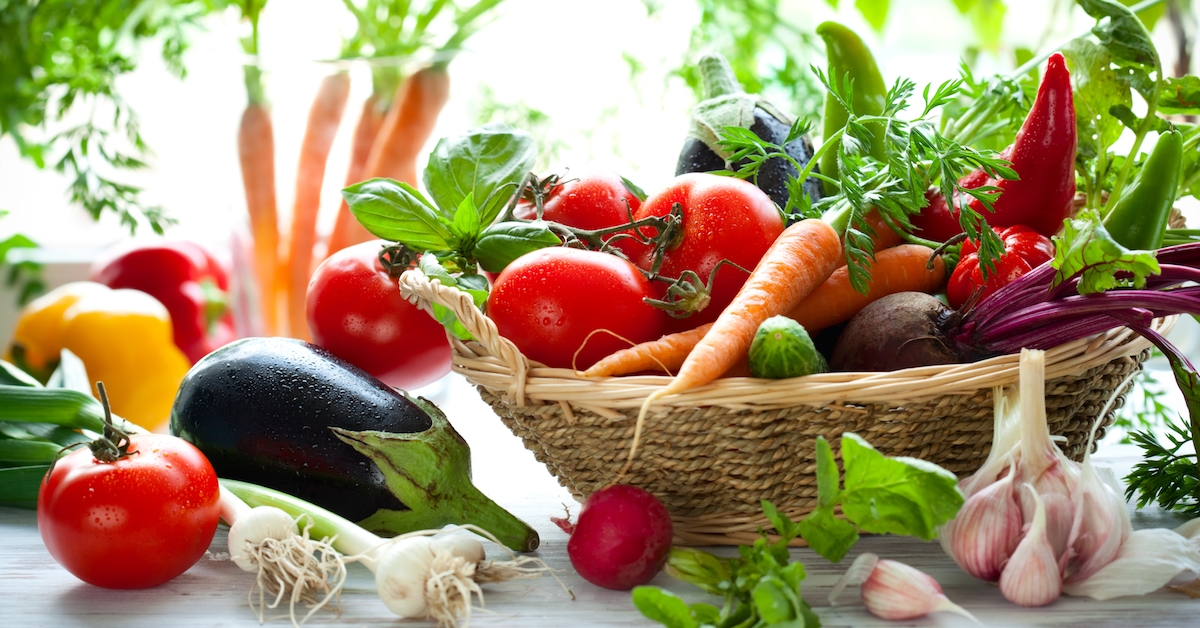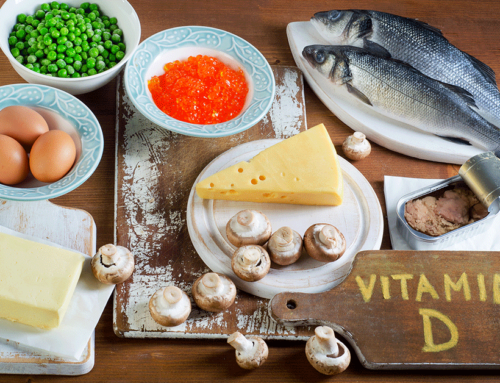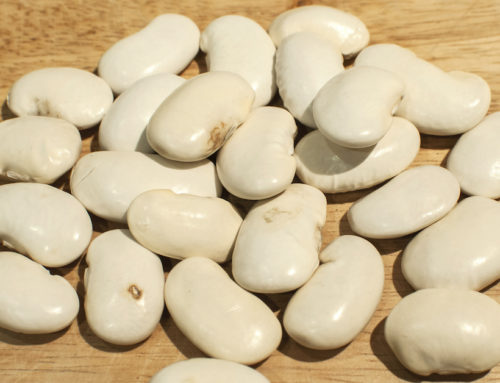Fresh, frozen, canned or dried; it doesn’t matter. Just make sure you include at least 14 ounces in your diet every day.
That’s the message of Fruits & Veggies – More Matters®. This initiative was set up over a decade ago in the hope it would encourage Americans to eat healthier food. Similar campaigns operate in many other countries.
But researchers from New Zealand wondered if the mental health benefits of fruits and vegetables were greater when eaten raw, compared to canned, cooked or processed. So they carried out a study to find out. . .
Better Mood and Life Satisfaction
422 Americans and New Zealanders were enrolled aged 18 to 25. The researchers chose people in this age group because they have a higher risk of mental health disorders and tend to consume low levels of fruits and vegetables.
The participants completed an online survey to assess diet and lifestyle, and there were questions relating to depression, anxiety and mood states.
In addition, the researchers asked them about factors that could influence the outcome of the study. These included gender, ethnicity, socioeconomic status, physical activity, smoking, alcohol use and sleep.
After taking all these into consideration, the research team found a significant association between consuming raw fruits and vegetables and better mental health outcomes. More raw meant a better mood, life satisfaction and overall psychological well-being compared to eating cooked, canned or processed.
According to psychologist Tamlin Conner from the University of Otago, who led the study, “We used to think about what we ate in relation to our physical health, but now there is more evidence suggesting it also impacts on how we feel.
“This research is increasingly vital as lifestyle approaches such as dietary change may provide an accessible, safe, and adjuvant approach to improving mental health.”
Raw Contains More Brain-Healthy Micronutrients
This is the first study to look specifically at this issue, although three previous studies found raw fruit and vegetable intake was associated with lowered feelings of depression and stress.
Cooking, canning and processing are known to decrease the nutrient content of some produce, so while the mechanisms that would explain the results of the study were not tested, the authors believe foods in their raw state deliver more micronutrients.
They write, “Cooking fruits and vegetables can alter the bioavailability of nutrients which may…play an influential role in the neurotransmission systems involved in mood and well-being.”
Cooking and processing also diminish the quantity and activity of antioxidants. This too can negatively affect mental functioning.
But cooking does have some benefits. It sometimes enhances bioavailability – it has this effect on lycopene in tomatoes, for example – so the situation isn’t clear-cut.
Nevertheless, the authors continue, “for key micronutrients that have been linked to mental health such as vitamin C and carotenoids, cooking and canning would most likely lead to a degradation in nutrients, thereby limiting their beneficial impact on mental health.”
These were the top 10 raw foods tied to better mental health in the study: carrots, bananas, apples, dark leafy greens like spinach, grapefruit, lettuce, citrus fruits, fresh berries, cucumber and kiwifruit.







